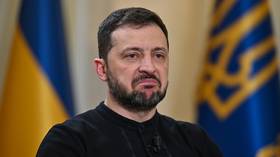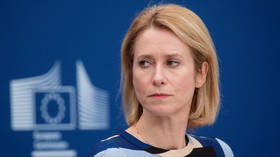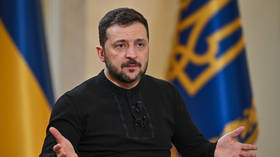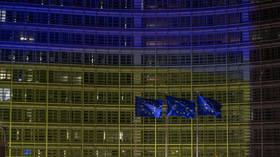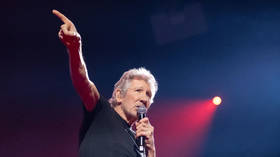Does Russia’s cuddly World Cup mascot have a ‘hooligan link’? - ESPN’s coverage scrapes the barrel
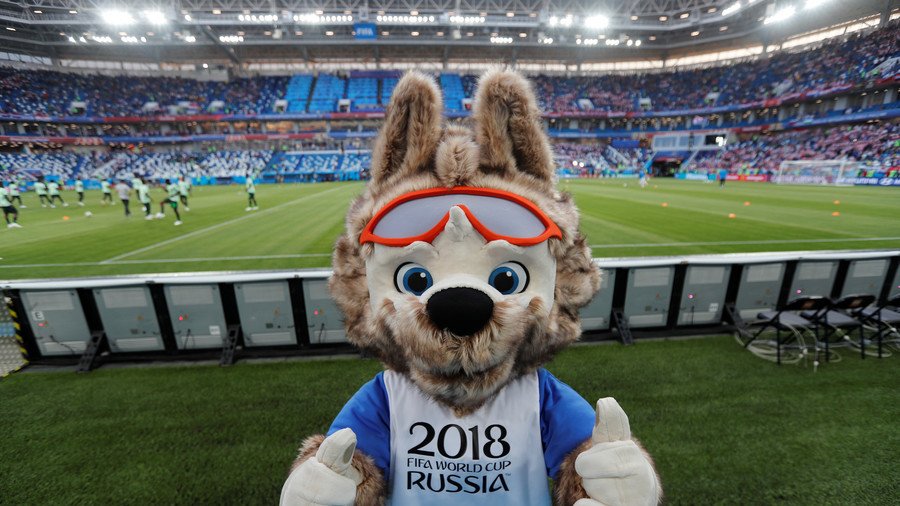
With the Russia World Cup delivering good football in a friendly atmosphere, some international media outlets unable to report on the fan violence they had been predicting, are in desperate need for content.
Enter stage right, Sam Borden of ESPN.
Borden has written a column under the headline “Postcards from Russia: World Cup mascot Zabivaka's hooligan link.” Compelling stuff the reader might ask, how could the world cup mascot, a friendly, stuffed and therefore not actually alive wolf called Zabivaka be linked to hooligans? What is this dark past?
The hard hitting headline is followed by a devastating opening by Borden: “I love mascots. I always have, too, perhaps because I have always had an affinity for stuffed animals of all kinds.” But: “I have mixed feelings about Zabivaka.”
Why Sam, why?
“Zabivaka, which organizers say means "the one who scores," seems like a perfect name for a soccer mascot. But it is also remarkably close to several other words in Russian that, shall we say, are not quite as friendly.” he goes on “zabivka ... is a term for a short, violent, high-energy fight video generally uploaded to the internet by hooligans.”
Oh.
In Russian, the words for water and vodka are also quite similar, and one might suspect the writer may have mixed those two up as well before writing this. He could try ‘zapivka’, which is a soft drink Russians sip straight after downing vodka to take the edge off. He probably doesn’t like the sound of that either.
What is interesting is that I asked ten Russians, including two sports journalists, about the word ‘zabivka’ and none of them had heard of it. Yet here is a journalist, who just four days ago wrote about how he could barely read cyrillic let alone speak Russian, pontificating about his unease over the similarity between a mascot’s name and an extremely niche term linked to hooliganism.
But that’s not all: “I have not yet met Zabivaka in person (such as it is), but I have closely observed him at a few games and fan events and, if I'm being honest, have not been impressed by either his agility, creativity or warmth.”
Well, what can you say? (Apart from perhaps, could it be that there is more than one Zabivaka? Perhaps even, that they’re actually real people in suits?) Ultimately though, Sam Borden preferred Misha the bear, from the 1980 Moscow Olympics.
Of course, this column is just filler content to make sure people have something to read on ESPN’s website. God knows, I’m not one to criticise that. It’s interesting that the story begins with an editor’s note: “This is the latest of Sam Borden's Postcards from Russia, in which he shares his observations, fears, joys and travel stories from the 2018 World Cup.” I assume that’s just in case you wondered what the hell he was talking about.
At the same time however, there are unspoken themes here.
Editors want Russia World Cup stories where they can put the word ‘hooligan’ in the headline.
Western journalists have been so obsessed with the idea of fan violence, they know (or think they know) words which fluent Russian speakers have never had a reason to learn.
The ignorance surrounding modern Russia means this kind of stuff can easily slip through unnoticed, and add to a general atmosphere of misinformation surrounding Russia's World Cup.
And finally, there’s a nostalgia for the Soviet Union among many foreign journalists, some of which haven’t noticed it’s been gone for almost 3 decades.
If you like this story, share it with a friend!





